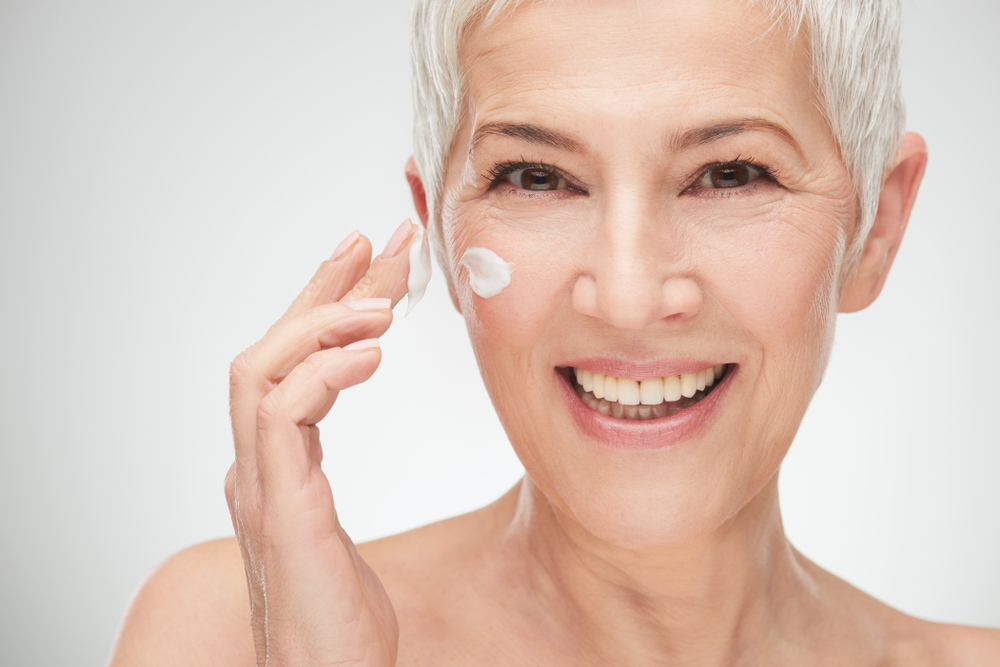Wrinkle-reduction peptides are a popular ingredient in anti-aging skin care treatments. So, what are peptides, exactly? Also, do they make you seem younger than you are?
Collagen, a major component of connective tissue, is crucial to the structure and thickness of the skin. Young people have plentiful collagen, so their skin is firm and smooth. However, the absence of collagen in the skin of the elderly causes it to wrinkle. Collagen is a protein composed of long chains of amino acids, which function together like interlocking building blocks. The breakdown of proteins results in peptides, chains of three to five amino acids. For a good reason, these “mini proteins” are the most expensive ingredient in anti-wrinkle cream. Unlike cheaper alternatives, they repair damaged collagen.
click here – Common Mistakes in Investing
There are two methods in which peptides are said to make you seem younger and less wrinkled:
There is evidence that peptides may stimulate collagen formation in the skin.
As we age, our bodies naturally produce less collagen but don’t replace it. Thin and wrinkly replace chubby and silky. One technique to lessen the appearance of wrinkles and seem younger is to replenish the collagen in your body. When collagen is degraded, peptides are produced. Peptides like these send a message to the skin that it has been damaged, prompting the skin to start making new collagen.
Putting peptides on your skin may trick it into thinking it needs to make more collagen. The beauty industry’s most often utilized signal peptide is palmitoyl pentapeptide (Matrixyl). This chemical, which is often included in peptide skincare products, may help diminish the look of wrinkles.
Copper is transported to the skin through peptides.
Peptides can penetrate deeper layers of skin because of their small molecular size. In order to reach the skin’s physical layers, copper might be attached to a peptide. Copper has been used for a long time to treat chronic illnesses due to research showing it is an effective agent in skin repair. Studies have established a correlation between antioxidants and copper peptides that boost collagen production. Regeneration, spontaneous repair, and the elimination of damaged collagen cannot occur without them.
In some instances, peptides may not even work.
Numerous conditions must be met precisely for peptides to exert their therapeutic effects. Since unstabilized protein breakdown products in a topical cream might continue to degrade and lose their therapeutic efficacy, stabilization is a necessary step. They need to be able to penetrate the skin thanks to the cream they are suspended in. A heavy cream sitting on the skin’s surface will not allow the peptides within to penetrate the skin, and the cream will be rinsed off eventually. However, signal and copper peptides appear to have the most evidence of efficacy and may be acquired in affordable commodities.
click here – Tips On Choosing The Best Knife For The Hidden Chef In You
What Exactly Is It That Peptides Do?
Several distinct peptide varieties are used in cosmetics and toiletries. A firm grasp of how each unique peptide works is essential for its practical use.
Component peptides of signal transduction
If properly constructed, signaling peptides may penetrate the epidermis, interact with skin cells, and promote collagen production. This result is accomplished by modeling after the skin’s natural capabilities for mending injuries.
In response to a skin injury, the body increases its protein production to help the wound heal. You may use signaling peptides to trick your skin into thinking it needs to produce new collagen and elastin so it can recover after an injury.
Neurotransmission-blocking peptides
Among their many roles, neurotransmitter inhibitor peptides are crucial in triggering muscle contraction. Muscle contraction requires the involvement of chemical messengers called neurotransmitters. This interaction may be blocked by peptides that inhibit neurotransmitters, and this peptide type is often used in anti-wrinkle creams. You could come across the following as an example of neurotransmitter inhibitor peptides. You can find topical peptides on this website, and you can purchase them if you are a licensed researcher.
